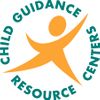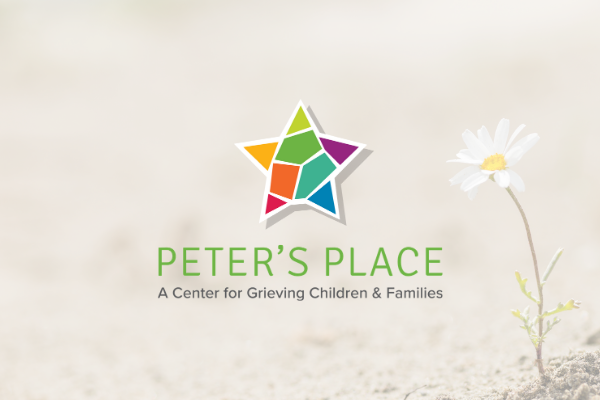A guest post by Peter's Place
Many people believe that the world is a good place, with good people, and things just make sense. In the midst of the global pandemic, our worlds have turned upside down and some of those views have been challenged or negated. It can be overwhelming to think the world is not the safe, benevolent place we thought it was.
The ideas that we constructed for ourselves, our assumptive world construct, have kept us afloat, positive, and moving forward. Now, we are in the face of unknown challenges. Many of us have experienced negative thoughts, non-death losses, and death losses from COVID-19. Yet, the world keeps turning despite these and other tragedies present at this time. When we experience grief and trauma, our assumptive world view may begin to crack.
Emotions associated with grief and loss can be present in a variety of ways. Due to the pandemic and restrictions that have been placed on our daily lives, many of us are experiencing changes to routines, lack of social connections, and loss of hope for the future. These are all types of non-death loss, which are losses that can bring about feelings of grief, sadness and anxiety. When we think about non-death losses, we can think about things that relate to changes in these areas of life:

For example, we rely on certain individuals to help us cope during challenging times, but being at a distance from those who might be our support system can create additional stressors on our day to day. Some of those people are not available in the ways they once were. Physical distance is hard. The loss of in-person support and socialization may make things more difficult. This, in and of itself, is a loss. And we are grieving.
Validating these non-death experiences or feelings as loss allows us to express ourselves and our needs to others and helps us cope with these changes. We are part of a shared experience, the COVID-19 Pandemic, but different people can be going through the same experience and have varying styles of grieving and coping.
What can YOU do to cope with non-death losses during this time?
- Acknowledge and validate that these are grief and loss experiences, whether they are death or non death losses.
- Limit news seeking. How much we are taking in impacts mental health, anxiety, and creates more stress due to the exposure.
- Control how you respond in a situation, not what others are doing and what is happening around you. Take moments of silence, moments of contemplation, to not react impulsively.
- Look at things by day to day, hour to hour. There is uncertainty looming. Keep your perspective focused on the present; what I can do today, what can I do this afternoon, not what I may be doing in two weeks.
- Reflect on your life in the context of resilience and positivity. Look back at what your life was like 8 months ago, acknowledge the different events that have happened since then, and how you may have changed and grown. It is very natural to feel like you are not making progress or things haven’t improved but recognize the strengths that brought you to where you are today.
- Create new assumptions. Create new ideas of the world that feel good to you, that you can carry with you. For example, “The world has been uncertain, and I have been able to manage with new supports and coping style that I have created.”
Validate and recognize what you are feeling and experiencing is grief and loss during this challenging time. Acknowledge that in this moment you are safe, despite all that has occurred. You have people who care about you and you care about others. Recognize despite everything that is happening, you are still here and that you matter.
_____
Peter’s Place: A Center for Grieving Children & Families was founded on the belief that no child should ever grieve alone. The mission of Peter’s Place is to provide safe and supportive environments for grieving children and families and to act as a community resource to foster the understanding of the effects of death and grief. At their center, located in Radnor, PA, they offer peer support groups for children, teens, and caregivers, as well as for caregivers who have lost a child to substance abuse. Peter’s Place recognizes that there are many families who cannot access their onsite services due to a variety of barriers. They offer an in-school peer support program to many schools in the five-county Philadelphia region and Camden County, NJ, as well as offer Postvention services when there is a death in a school or community. To learn more about Peter’s Place, visit: www.PetersPlaceOnline.org.

